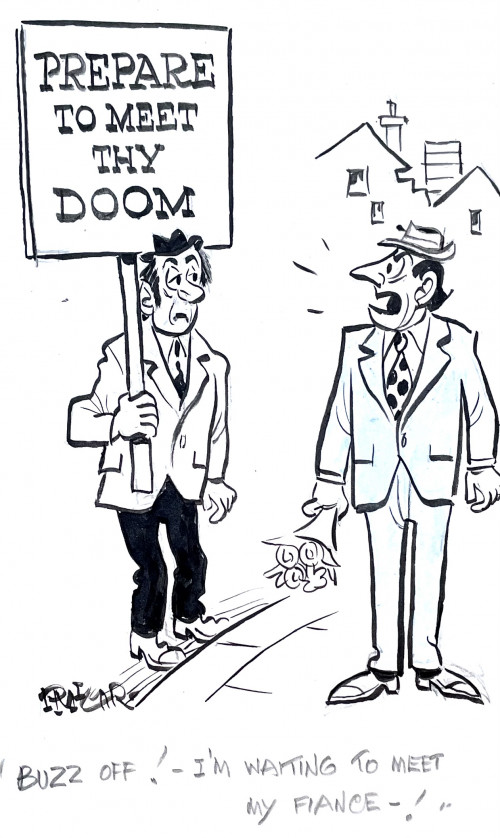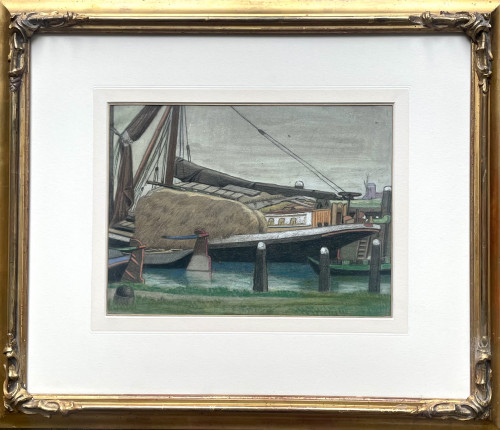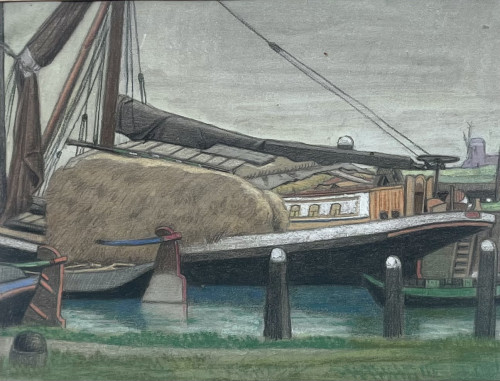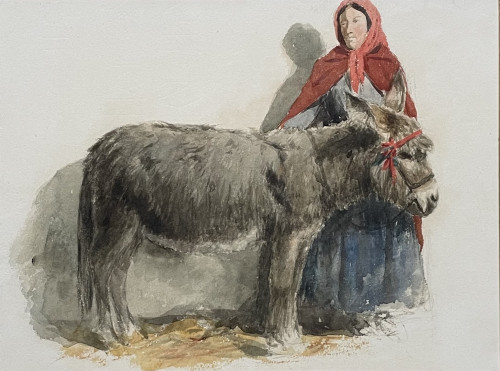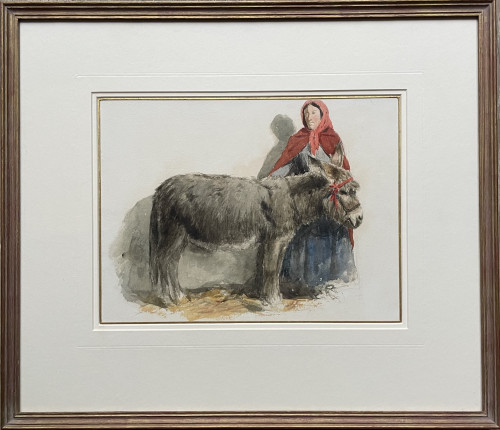- HOME
-
- View All Items
- New Arrivals
- Featured Items
- Artists
-
- View All
- Contemporary
- Birmingham School
- Cotswold Group
- Landscape
- Urban Townscape
- Abstract
- Animals/Birds
- Arts & Crafts
- British Impressionist
- Botanical
- Design/Industrial
- Fantasy/Fairy Subjects
- Female Artists
- Figurative
- Historical
- Illustration/Cartoon
- Marine
- Military/War Artist
- Modern British
- Pre-raphaelite/ Romantic/ Aesthetic
- Nude
- Portrait
- Prints
- Scottish
- Sculpture
- Sporting
- Still Life
- Theatrical
- Interiors/Architectural
-
ARCHIVE
Genre
- View All
- Contemporary
- Birmingham School
- Cotswold Group
- Landscape
- Urban Townscape
- Abstract
- Animals/Birds
- Arts & Crafts
- British Impressionist
- Botanical
- Design/Industrial
- Fantasy/Fairy Subjects
- Female Artists
- Figurative
- Historical
- Illustration/Cartoon
- Marine
- Military/War Artist
- Modern British
- Pre-raphaelite/ Romantic/ Aesthetic
- Nude
- Portrait
- Prints
- Scottish
- Sculpture
- Sporting
- Still Life
- Theatrical
- Interiors/Architectural
- ARTISTS
- Online Exhibitions
- Events
- About
- Contact
- Home
- Medium
- Watercolour & Drawing
- Canaries
Canaries
Canaries
JOHN SERGEANT (1937-2010)
Canaries
Pen and ink on pale pink paper, unframed
24 by 15 cm., 9 by 6 in. (mount size 40.5 by 30.5 cm., 16 by 12 in.)
Sergeant was born in London, the son of a civil servant. His family soon moved to Faversham in Kent after they were bombed during World War II. He studied at Canterbury College of Art from 1954-57, during which period he met John Ward, who was to become a lifelong friend and supporter. In 1959 he entered the Royal Academy Schools, where he won a Drawing Prize in 1961. In 1962 he married a fellow student, Carolyn Cann. After graduating from the RA he taught part-time at art schools in Kent and worked on commissions including book jacket designs and illustrations and series of ”˜room-portraits’ of interiors. He moved to near Builth Wells, Wales in 1983. In 1989 the Prince of Wales asked Sergeant to contribute drawings to his book Vision of Britain; two years later he accompanied the prince on an official visit to Prague. A superb draughtsman, he was a great exponent of the teaching of drawing in art school: “If you can draw you can paint. All you need to know as Whistler used to say, is which end of the brush to put in your mouth”. In his 2006 Colnaghi exhibition he described himself as a “serious serial draughtsman who explores, scrutinizes the same subject back, front, sideways, this way and that. It is all part of trying to understand”. He held one-man exhibitions in London at the Maas Gallery, Hazlitt, Gooden & Fox and Colnaghi.
Dimensions:
Thank you for your enquiry.
We will get back to you soon.
Please create wishlist to add this item to
RELATED ITEMS



